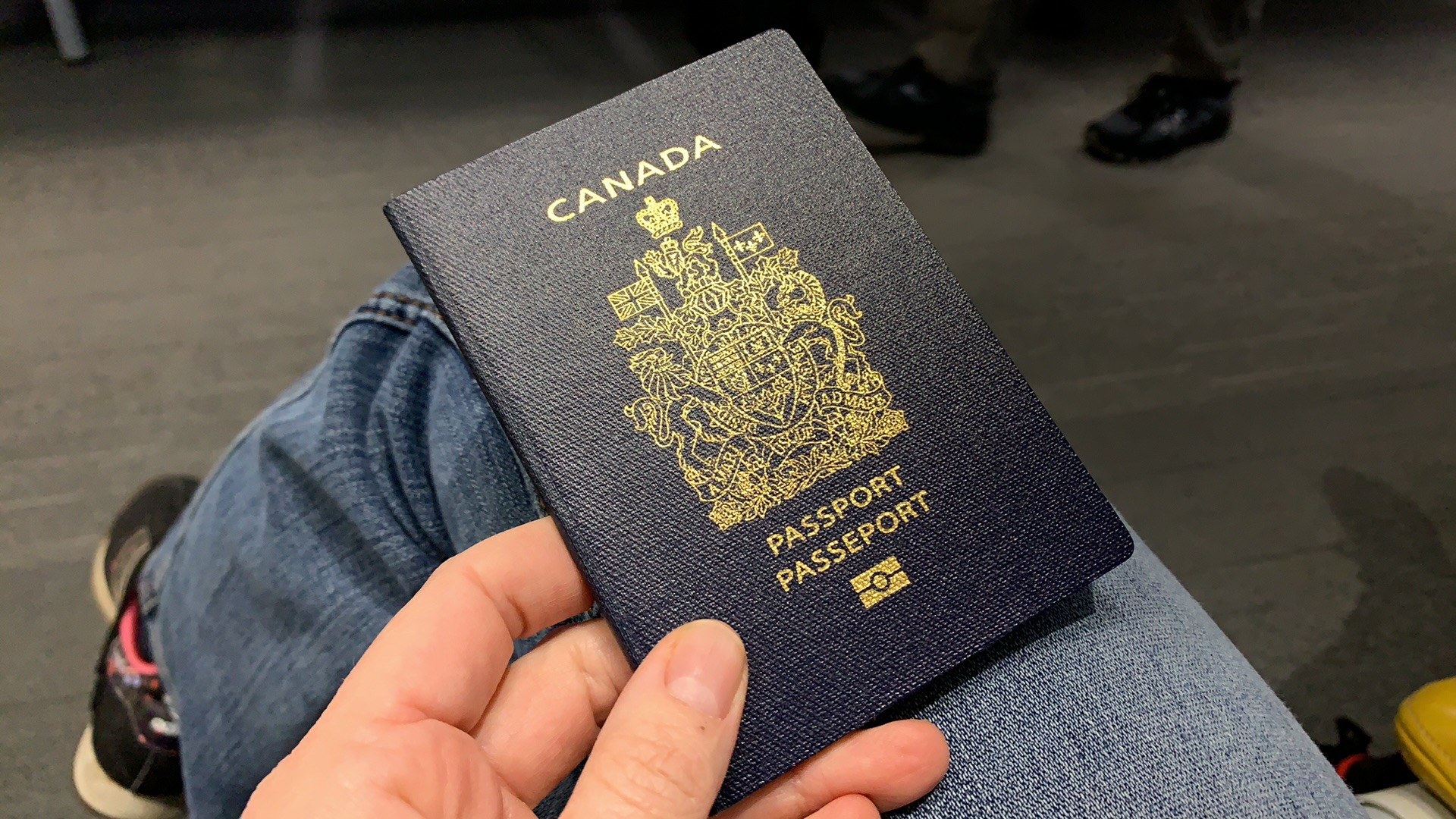Travel Insurance for Canadians: A Reminder of Its Importance
We’ve all heard about the challenges taking place at some of the world’s airports, with the resumption of post-pandemic travel. A recent situation proved the importance of travel insurance for Canadians who are planning a trip in the coming months. Recently, some clients’ flights were cancelled the day prior to their scheduled departure for Florida, and they were left scrambling with non-refundable vacation expenses to deal with. I had advised them to purchase travel protection, but they were relying on their credit card’s basic coverage in the event of travel difficulties. Needless to say, it was a very stressful situation for everyone involved, which may have been less stressful if there had been sufficient coverage in place.
I should start out by saying that I’m not an insurance advisor, I’m a travel advisor. I don’t sell insurance, but I do encourage all of my clients, as a rule, to purchase trip cancellation, interruption and emergency medical coverage. Since the pandemic, the range of travel protection products and requirements has become very complex for some travellers, and I’ve been referring my clients to a specialist who can guide them toward the best travel insurance for Canadians.
When you book your vacation, there are so many fun details to get planning, like the restaurants where you’ll eat, the attractions you’ll visit or the places you’ll shop. Unfortunately, it’s also necessary to plan for unpredictable situations like the one above, and that’s precisely what travel insurance is for.
A reminder about travel protection for Canadians from the Government of Canada:
- Your Canadian health insurance is almost certainly not valid outside of Canada.
- Your provincial or territorial health plan may cover nothing or only a very small portion of the costs of medical care abroad, and never up front.
- Foreign hospitals can be very expensive and may require immediate cash payment. You could face years of debt paying off the costs of treatment for an illness or accident you suffered abroad.
- The Government of Canada will not pay your medical bills.
- Most vacation packages do not include trip cancellation, trip interruption or emergency medical coverage.
- In addition, some standard insurance plans won’t cover you for COVID-19 related emergency medical coverage or quarantine expenses in the unlikely event you or one of your travelling party test positive for COVID-19 in your destination.
You may have been on the ball about this, and taken care of your family’s coverage as soon as your vacation was booked. If you’re in that boat, good for you!
If you haven’t yet purchased coverage for an upcoming vacation, there are a few ways to go about making sure an unexpected situation, illness or injury doesn’t break the bank.
- If you used a credit card to book your vacation, you can visit the InsureEye Credit Card/Travel Protection Coverage Tool to determine your credit card’s coverage. You can top up your existing coverage if it is not sufficient.
- You may choose to investigate your employer’s coverage, but please be aware that most of the time, any coverage of this type will only apply to work-related travel.
- If you’re not a resident of Ontario, Canada, refer to a local provider in your state or province.
However you go about obtaining travel insurance, my main concern is that you’re protected.
A couple of quick tips when pricing out a trip protection policy:
- If your vacation was priced in USD, make sure you convert its value to CDN prior to purchasing coverage.
- If you booked your flight using loyalty points such as Avion, AirMiles or Aeroplan, travel protection will cover the value of any fees required to reinstate the points in the event of a cancellation, including tax.
- Loyalty points themselves do not have cash value.
Regarding Coronavirus and Travel Insurance:
It is your responsibility to be aware of the restrictions for travel both in Canada and your destination including mandatory testing and quarantine requirements. As a result of the unusual circumstances surrounding COVID-19, travellers should:
- Do your due diligence by carefully reviewing the terms and conditions of all insurance policies you are considering for purchase or existing policies (e.g. medical and/or cancellation insurance covered through employer or credit cards) as exemptions may exist due to COVID-19.
- Requirements can change prior to the travel date. Carefully continue to monitor advisories presented by the Government of Canada (https://travel.gc.ca/travelling/advisories) as well as the entry and exit requirements for the countries you are visiting as they can change at any time.
- Be aware of local laws, including any related to COVID-19. Failure to comply with local laws could impact your vacation including but not limited to the termination of travel services at your own cost.
- Be aware that restrictions may occur if symptoms of COVID-19 are present when you are attempting to board airplanes, cross borders or enter destinations (theme parks, cruise ships, etc.). If you or your travel companions are denied access at any point, you should be aware of how that may impact your travel and vacation experience.
- Consider quarantine requirements that may be required at your destination and/or upon returning to Canada (Government, School, Daycare or employer).
- Be aware that you are responsible for scheduling COVID-19 tests and for any additional costs that you may incur to cover COVID-19 testing, quarantine requirements, medical treatment and international medical evacuation.
- Be aware of how your employment and wages will be impacted due to any delays returning back to work.
- Notwithstanding the above, you are responsible for assuming all risks associated with exposure to COVID-19 during your travel.
Do you have questions or need a referral to an insurance specialist for your travel protection? Reach out and I’ll be happy to refer you to a specialist.


 Amy Urquhart is a Vacation Specialist, Certified Travel Counsellor and Master Cruise Counsellor at Pure Magic Vacations, Inc.
Amy Urquhart is a Vacation Specialist, Certified Travel Counsellor and Master Cruise Counsellor at Pure Magic Vacations, Inc.
Leave a Reply